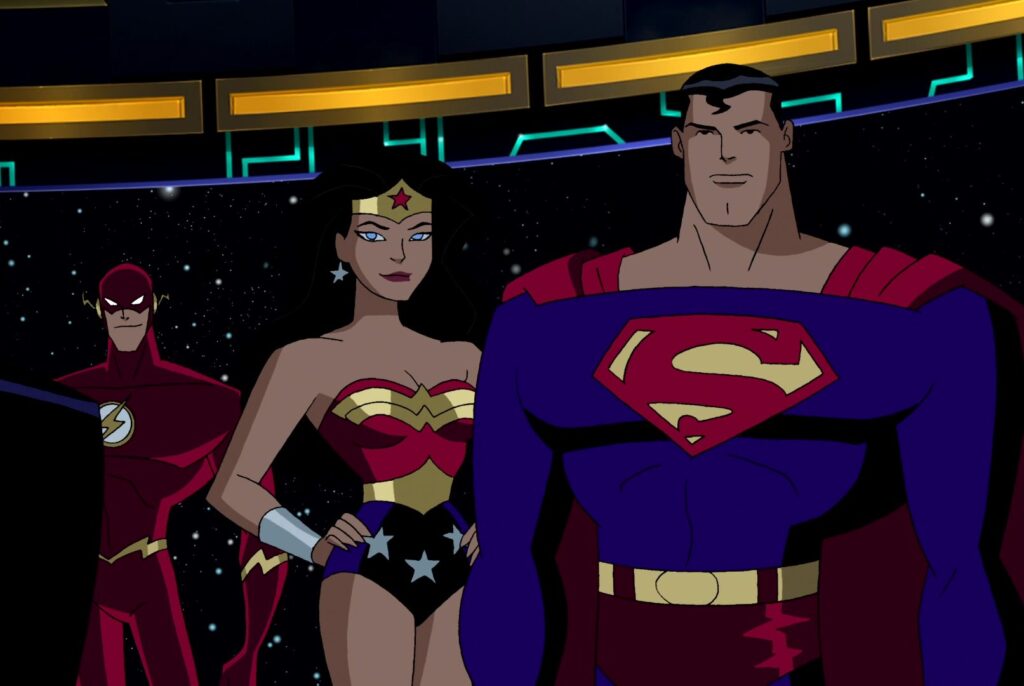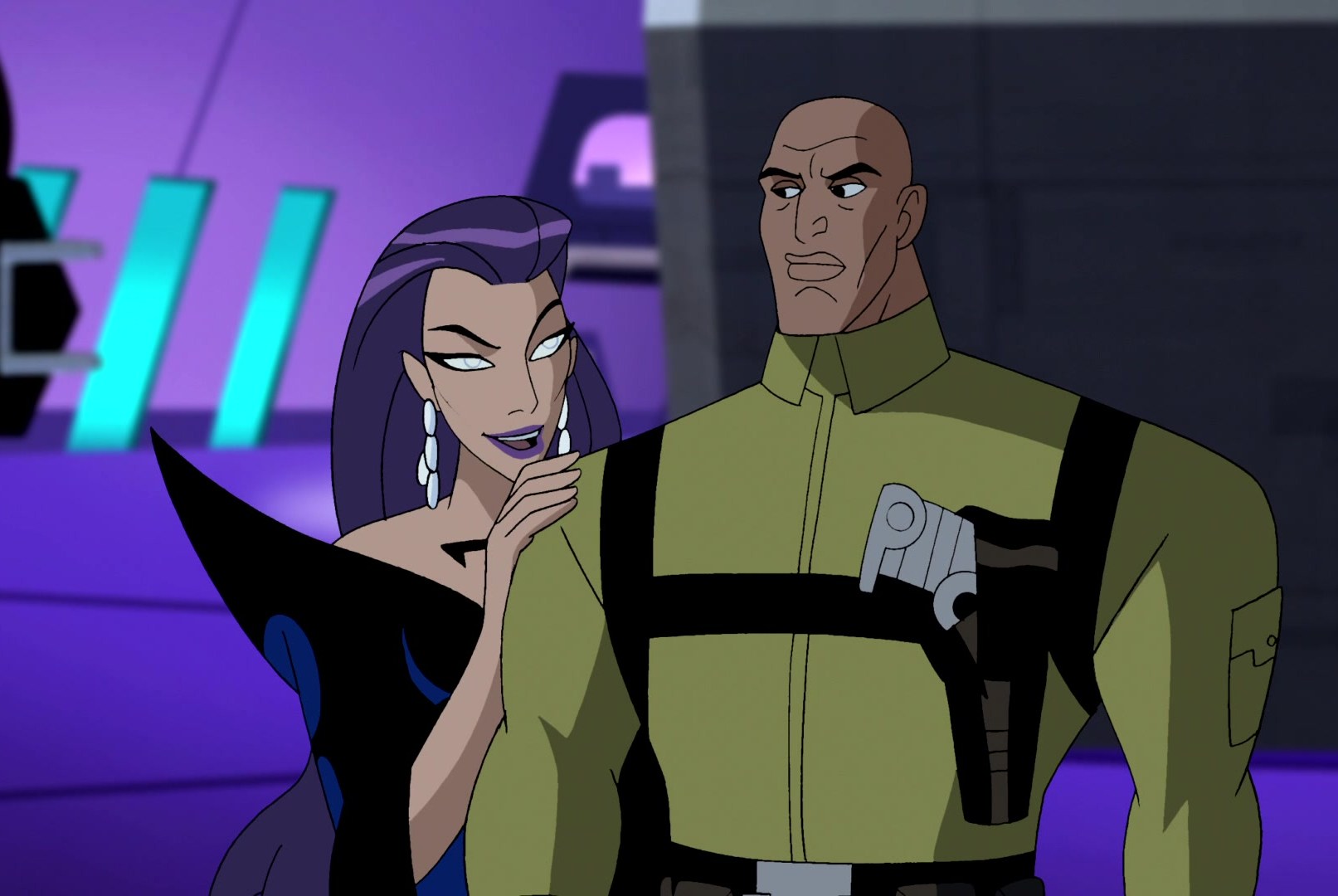Nostalgia isn’t all it’s cracked up to be. This month’s Batman: The Caped Crusader was billed as the grownup version of beloved and groundbreaking ’90s show Batman: The Animated Series, made by B:TAS co-creator Bruce Timm, producers Matt Reeves and J.J. Abrams, liberated from Saturday morning cartoon censors, and backed by the talent of some all-time Batman comics writers.
And while the show certainly had the Animated Series look, it was neither a direct continuation nor a strong relaunch. Timm’s crew were free to say whatever they wanted, but didn’t have much to say in the end. Sometimes you just can’t go home again.
But what if I told you there’s already a more mature version of Batman: The Animated Series, with hour-long episodes like a live-action drama, multi-season plotting, and fresher animation than Caped Crusader. It’s episodic, but its characters keep a solid emotional continuity, and while its appropriate for kids, it’s got multiple layers and references for adult audiences to chew on.
If you’re looking for a better Batman: The Caped Crusader, you should watch Justice League and Justice League Unlimited, which are available right now on Netflix for your marathon pleasure.
Premiering in 2001, Justice League was a direct continuation of the DC Animated Universe setting, which began with 1992’s Batman: The Animated Series and continued in Superman: The Animated Series, The New Batman Adventures, and Batman Beyond — and in large part, it had all the same talent working behind the scenes. Artist Bruce Timm, writer Paul Dini, producers Rich Fogel and Glen Murakami, voice actors Kevin Conroy, Mark Hamill, Clancy Brown, Ron Perlman, Arleen Sorkin, Michael Ironside, and Michael Dorn, all returned to reprise their various roles and duties.
But Justice League wasn’t a half hour, one-and-done episodic series hitting the waves at 9am on Saturday mornings. Airing in prime-time slots on Cartoon Network, every episode of the series was part of a two-part story — hacking the half-hour animated standard into an hour-long adventure series. The core cast began with Batman, Superman, Wonder Woman, Hawkgirl, the Martian Manhunter, Wally West’s Flash, and John Stewart’s Green Lantern, but two seasons into the show, Cartoon Network asked for a rebrand and expanded the mandate.
In Justice League Unlimited, the full breadth of DC Comics’ superhero roster was welcome on the Justice League, not just the founding seven. Episodes were knocked down to half hour slots again, but the show’s crew found a new way to think big. For the first and only time in the setting’s history, a DC Animated Universe show started delivering season-long story arcs; placing dominoes, foreshadowing reveals, and paying off setups from weeks before.
And while each episode was still appropriate for kids, the show writers were not immune to the thrill of including references that only adults would really pick up on — like 1950s gender and racial prejudice, a time-lost Martian Manhunter being brought before Nazi physician Josef Mengele for experimentation, or canonically establishing that the Flash is a more attentive lover than Lex Luthor.
So if you want a Batman fix this weekend, queue up Justice League (2001) on Netflix. Now, you might have to give it a few episodes to get going, but if you can stick around through the early middle-weight stuff, the show will pay out dividends. Aquaman cutting his own hand off to save his infant son, an alt-timeline Superman who lobotomizes his opponents with laser vision, a collection of killer romantic subplots, the Batman of Justice League: Unlimited traveling through time and meeting the elderly Bruce Wayne and the future Batman of Batman Beyond, Lex Luthor’s season-long presidential campaign, and a direct adaptation of one of the greatest Superman stories ever told, “For the Man Who Has Everything.”
So maybe it’s not the spooky procedural that makes you feel just like you did when you watched Batman: The Animated Series for the first time. But, then again, neither is Batman: The Caped Crusader!


